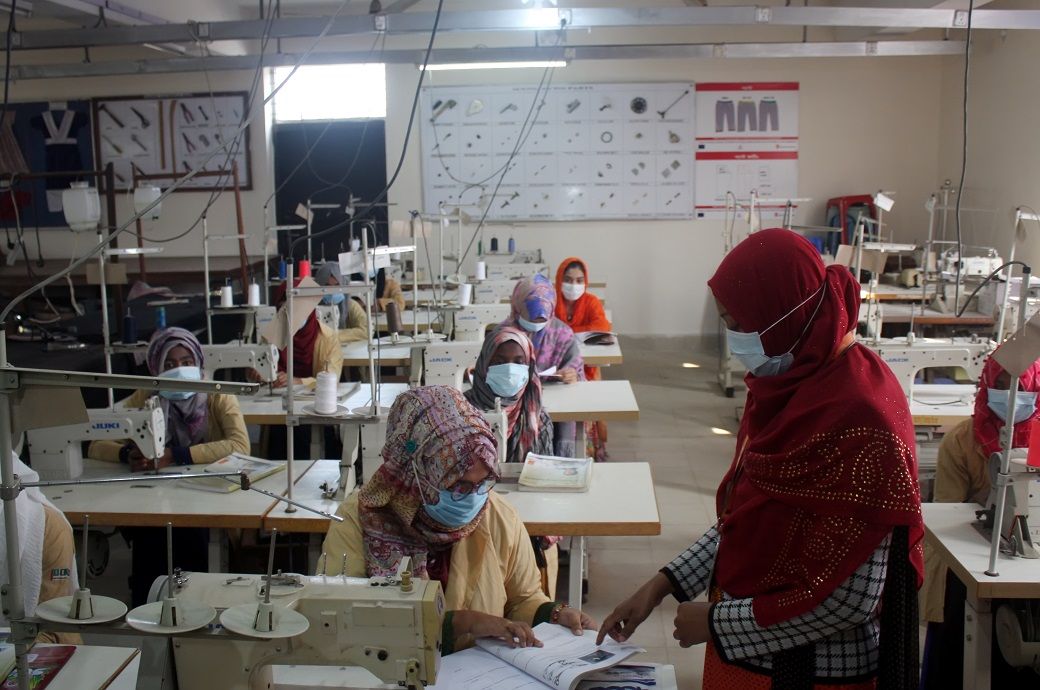All non-compliant factories are located outside the export processing zones (EPZs), the study, covering 385 RMG factories and 1,113 workers found.
It assessed the wage implementation status, socio-economic impact on workers and structural challenges in wage governance.
In spite of a December 2023 Bangladesh government order asking RMG units to raise minimum wages, 32 per cent have failed to do that, a study conducted between September and December 2024 revealed.
All non-compliant units are located outside the export processing zones.
The wage hike has put the factories under financial pressure, but most have received no help from buyers or the government.
The wage revision had set a new minimum of Tk 12,500 for non-EPZ factories and Tk 12,800 for those inside EPZs.
All surveyed EPZ factories were found to have fully implemented the new wage. Large factories and those with active trade unions or participation committees also showed complete compliance, domestic media outlets reported.
Most compliant factories were affiliated with major industry associations, which appear to influence better wage practices, the report said.
Most workers, however, reported receiving the revised pay, while a notable number remain underpaid, often due to confusion about job grades or lack of information about their entitlements.
Many workers could not even identify their current grade under the new wage scale, pointing to gaps in communication and awareness.
The wage hike has put the factories under financial pressure. Operating costs have significantly increased, but most have received no help from buyers or the government.
The situation was worse for smaller factories, which received the least support from buyers. Even when prices were adjusted, the changes were modest.
Western brands, especially from Europe and North America, offered better support than others, but the gap remains wide, the study added.
For many, the rise in cost of doing business has become tough to bear. Rising expenses, paired with minimal buyer cooperation, were the main reasons cited for non-compliance with the new wage.
RMG workers, meanwhile, are seeing their purchasing power decline due to rising inflation and several of them report increased workloads and longer hours.
Gender-based pay gaps also exist. Women remain concentrated in repetitive, lower-paid roles, while men dominate technical and better-paying positions. Even when doing similar jobs, men often earn more.
Planning between factories and buyers is weak, and the intended benefits of the wage hike may not reach the workers without urgent reforms and better coordination, the study added.
Fibre2Fashion News Desk (DS)


